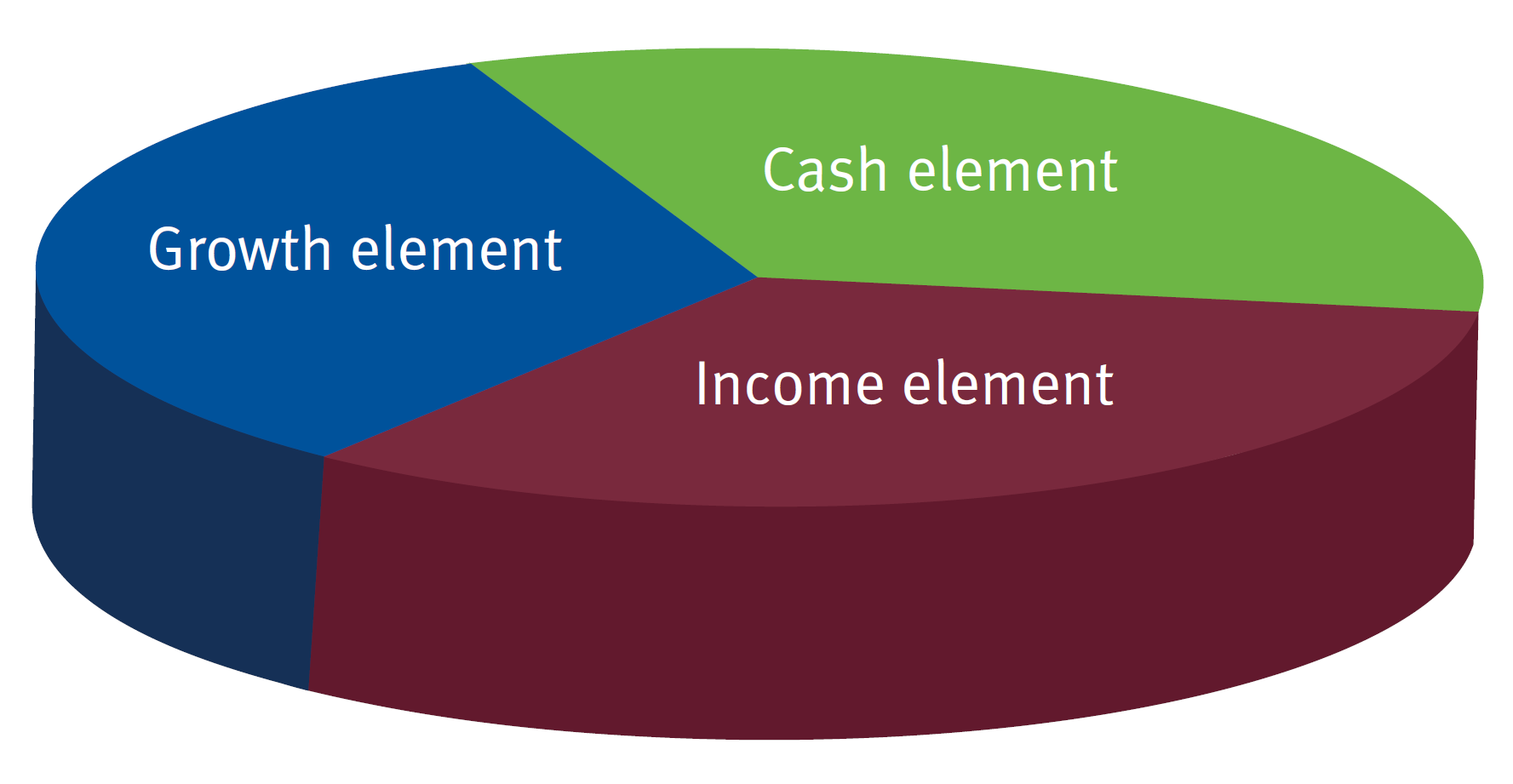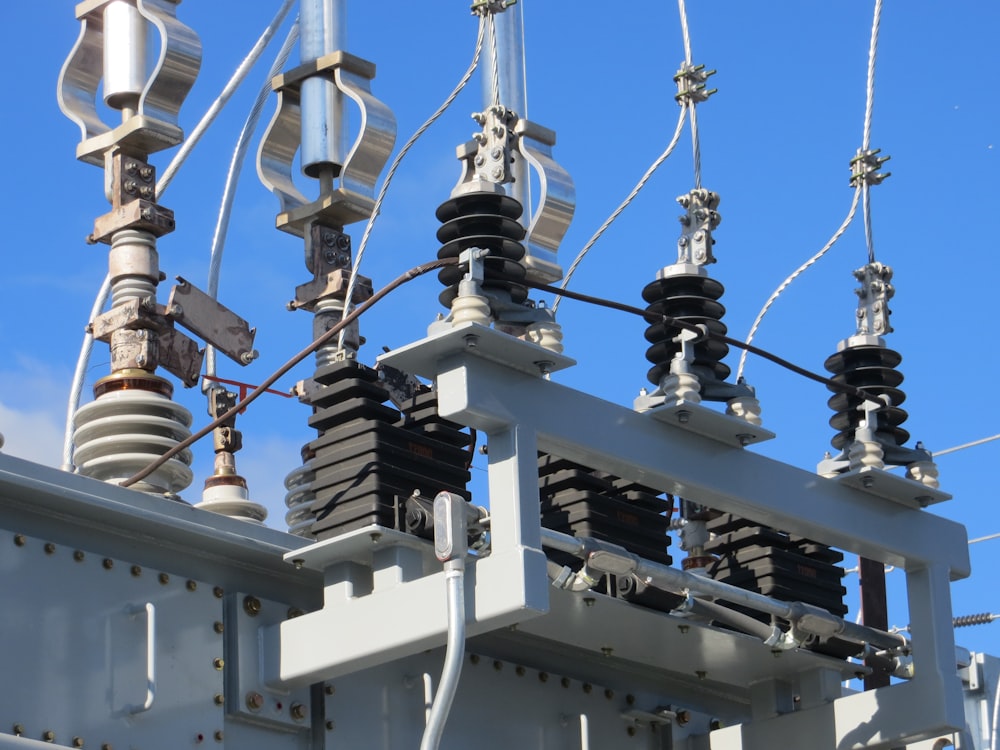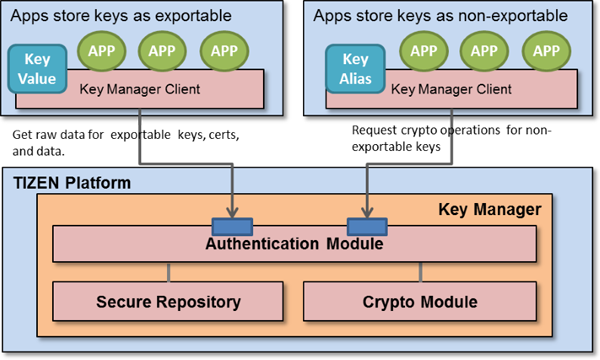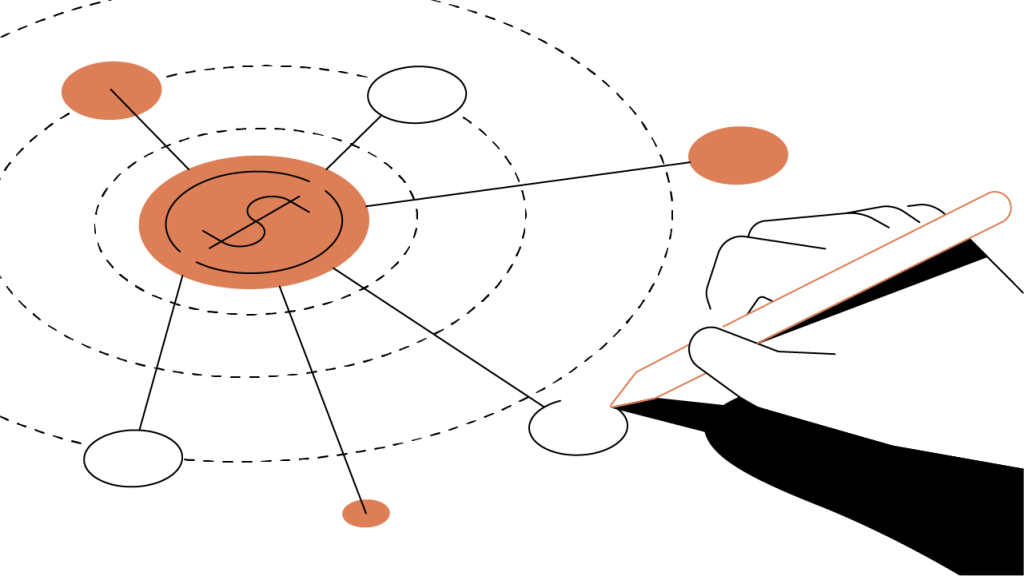
In the ever-evolving landscape of technology, the concept of decentralization has gained significant prominence. From finance to governance, decentralized systems have been reshaping traditional structures. One of the groundbreaking technologies that exemplifies this shift is blockchain. This article explores the significance of blockchain nodes in fostering decentralization and revolutionizing various industries.
The Foundation of Blockchain Technology:
At its core, blockchain is a distributed ledger technology that enables secure and transparent transactions without the need for intermediaries. This decentralized system operates on a network of nodes, which are essentially individual computers that participate in maintaining the blockchain. These nodes work collaboratively to validate and record transactions, ensuring the integrity and immutability of the data.
Decentralization and Enhanced Security:
One of the key advantages of blockchain lies in its decentralized nature. Traditional systems rely on a central authority, making them susceptible to single points of failure and vulnerable to attacks. In contrast, blockchain distributes the responsibility of maintaining the network across a multitude of nodes. This decentralization significantly enhances security by eliminating the risk associated with a single point of control.
Immutability and Transparency:
Blockchain nodes play a crucial role in ensuring the immutability of the distributed ledger. Once a block of transactions is added to the chain and validated by nodes through a consensus mechanism, it becomes practically impossible to alter. This immutability not only enhances the security of the data but also contributes to transparency. Participants in the network can trace the entire history of transactions, promoting trust and accountability.
Blockchain Nodes and Consensus Mechanisms:
The decentralized nature of blockchain is maintained through consensus mechanisms employed by nodes. These mechanisms are protocols that ensure all nodes agree on the validity of transactions before they are added to the blockchain. Common consensus mechanisms include Proof of Work (PoW) and Proof of Stake (PoS). In a PoW system, nodes, known as miners, compete to solve complex mathematical puzzles to validate transactions. In a PoS system, nodes are chosen to validate transactions based on the amount of cryptocurrency they hold. These consensus mechanisms contribute to the overall security and functionality of blockchain networks.
The Role of Blockchain Nodes in Various Industries:
Blockchain technology has transcended its origins in cryptocurrencies and is making significant inroads into various industries. From supply chain management to healthcare and beyond, the decentralized nature of blockchain nodes is driving innovation. For example, in supply chain management, blockchain nodes can verify the authenticity and origin of products, ensuring transparency and reducing the risk of fraud.
Blockchain Nodes and Smart Contracts:
Smart contracts, self-executing contracts with the terms of the agreement directly written into code, further leverage the power of blockchain nodes. These contracts automatically execute and enforce predefined rules when specified conditions are met. The decentralized nature of blockchain ensures that smart contracts are tamper-proof and can be executed without the need for intermediaries. This has implications for a wide range of applications, from legal agreements to automated business processes.
In the midst of this technological revolution, it’s essential to keep pace with the latest developments. One such source of information on blockchain nodes and related topics is Blockchain Nodes. This platform provides valuable insights and resources for anyone looking to deepen their understanding of blockchain technology and its decentralized infrastructure.
Conclusion:
Blockchain nodes stand as the backbone of decentralized systems, providing the infrastructure for secure, transparent, and tamper-proof transactions. As industries continue to embrace the potential of blockchain, the role of nodes in fostering decentralization will become increasingly vital. With the power to revolutionize various sectors, blockchain technology, and its nodes, are shaping a future that prioritizes security, transparency, and efficiency.


























